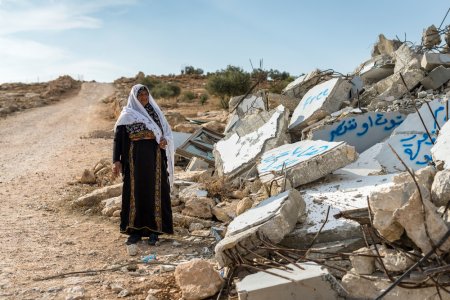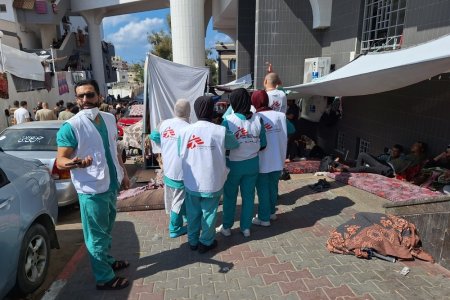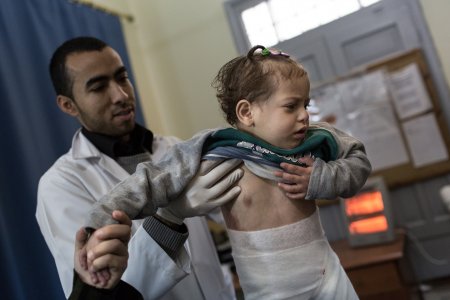
The Israeli-Palestinian conflict
Rony Brauman & Elba Rahmouni
Six months after the events of October 7, the situation in Gaza is catastrophic. The population is trapped and threatened with starvation, while the possibility of a ceasefire is not guaranteed. In this context, how can we describe what is happening in Gaza? Rony Brauman is categorical: it is appropriate to talk about genocide. In this interview conducted by Elba Rahmouni, he offers a historical and political reading of the Israeli-Palestinian conflict, looking at the reasons given by Israel to justify the siege of Gaza, the fate of prisoners and the usefulness of humanitarian law.
00:00 Part 1: A historical and political reading of the Israeli-Palestinian conflict
10:50 Part 2: The Israeli attack on Gaza: a genocide
28:37 Part 3: Israel's right to defend itself
31:04 Part 4: The siege of the population
36:48 Part 5: The fate of the prisoners
42:20 Part 6: The usefulnes of humanitarian law
53:20 Part 7: The possibility of a ceasefire





